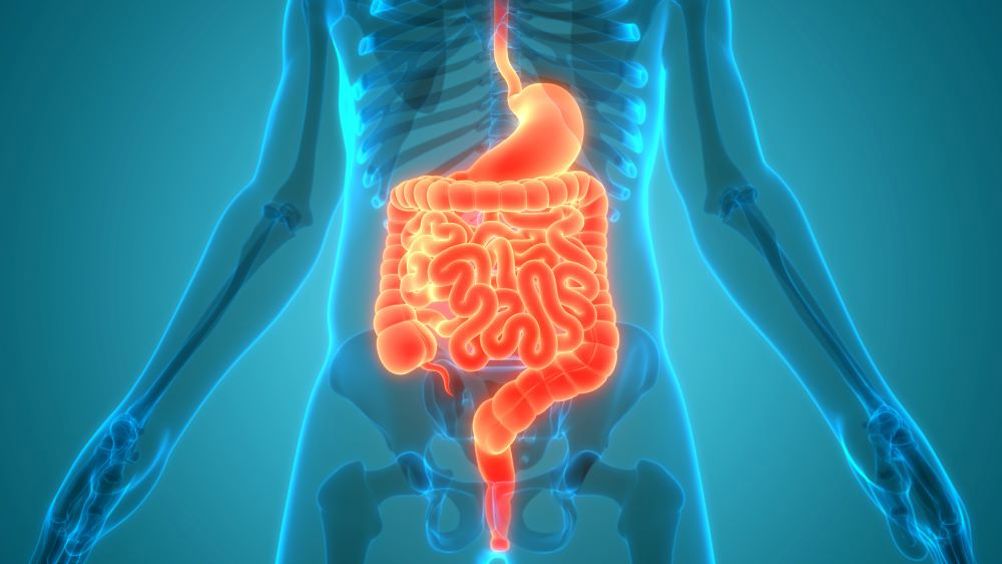References
Pharmacological management of irritable bowel syndrome

Abstract
Irritable bowel syndrome (IBS) is a common longstanding condition with a variety of symptoms including constipation, diarrhoea and abdominal cramps or bloating. There are no specific causes of IBS; therefore, symptoms and management are individualised to each patient. Management strategies involve lifestyle advice on diet and exercise, medications and psychological therapies. IBS can be extremely debilitating to patients' quality of life and is usually diagnosed as a process of elimination of other gastrointestinal conditions that can have similar symptoms, such as inflammatory bowel disease. Medications to manage IBS include laxatives, antispasmodics, antimotility agents and neuromodulators, as IBS is believed to be a disorder of the gut–brain axis.
Irritable bowel syndrome (IBS) is a common functional, chronic gastrointestinal disorder that causes recurrent abdominal discomfort and bowel symptoms, including abdominal cramps, change in bowel habit such as diarrhoea and/or constipation, wind and bloating. Other associated non-bowel-related symptoms include fatigue, headaches, bladder symptoms, and anxiety and depression. It is acknowledged that IBS is a disorder of the gut–brain axis and management of neuromodulation can often help patients (Vasant et al, 2021).
IBS is twice as common in women and affects 10–20% of the UK population, as well as accounting for up to 40% of referrals to gastroenterology for investigation. It is prevalent in 12% of the world's population, costing up to €8 billion in Europe (National Institute for Health and Care Excellence (NICE), 2017; Lacy and Patel, 2017; Vasant et al, 2021).
Register now to continue reading
Thank you for visiting Journal of Prescribing Practice and reading some of our peer-reviewed resources for prescribing professionals. To read more, please register today. You’ll enjoy the following great benefits:
What's included
-
Limited access to our clinical or professional articles
-
New content and clinical newsletter updates each month

